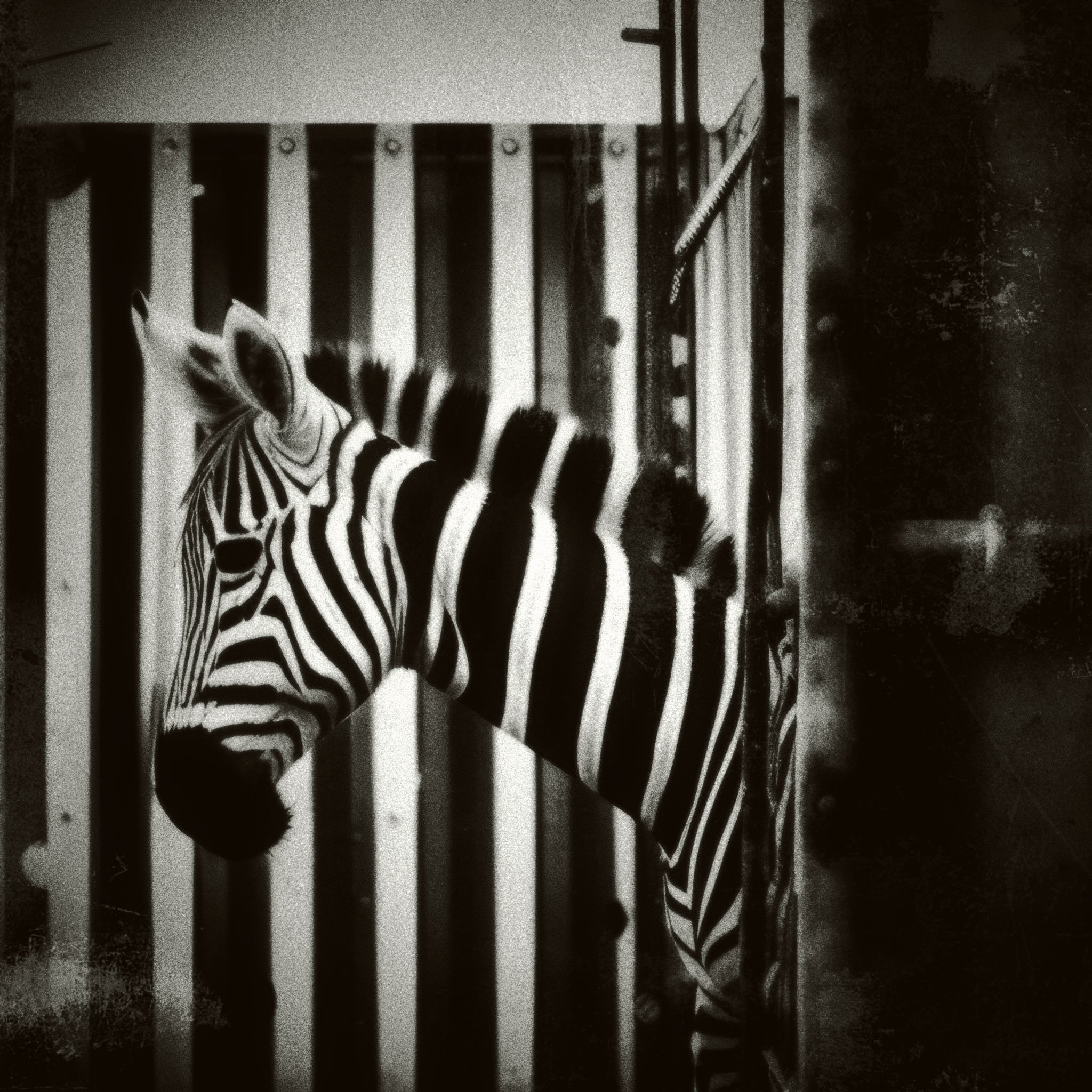Confined Spaces

"Confined Spaces: Philosophical Reflections on Boundaries, Freedom, and the Human Experience"
Introduction
Confined spaces, typically regarded through a pragmatic lens of occupational safety and engineering, hold an intriguing capacity to inspire philosophical contemplation. Beyond their utilitarian purpose, they offer a canvas upon which we can paint profound philosophical reflections about the human experience, the concept of boundaries, and the yearning for freedom. This article embarks on a philosophical journey into confined spaces, exploring the existential, metaphysical, and ethical questions they provoke.
The Nature of Boundaries
Confined spaces, by definition, define boundaries. They are spaces that delineate the boundary between the internal and external worlds. This concept of boundaries, both physical and metaphorical, resonates deeply in the realm of philosophy. It raises questions about the arbitrary nature of boundaries and the symbolism they carry. Gaston Bachelard's "The Poetics of Space" comes to mind, where the boundaries of confined spaces take on poetic and emotional significance.
In philosophy, boundaries signify limitations, restrictions, and, in some contexts, oppression. Yet, confined spaces highlight a paradoxical relationship with boundaries. While they physically restrict, they also offer liberation. They serve as vessels for exploration, evoking a sense of freedom. By choosing to enter these spaces, we actively push the boundaries of the known and explore the uncharted.
The Philosophy of Freedom
The existentialist philosophers, such as Jean-Paul Sartre and Albert Camus, would find the concept of confined spaces a fascinating subject. They argue that true freedom comes from embracing our responsibilities and confronting the limitations of existence. Entering confined spaces is a choice, a conscious decision that carries inherent responsibilities and risks. This mirrors the existentialist notion that we create meaning and freedom in our choices, even within constrained circumstances.
The Human Yearning for Exploration
Confined spaces are emblematic of the human desire to explore the unknown. From the depths of the Earth to the far reaches of outer space, we venture into confined, uncharted spaces driven by a primal curiosity. This exploration is not merely a scientific endeavor; it is an existential quest. It mirrors our deep-seated yearning for understanding, novelty, and transcendence. In exploring confined spaces, we embark on an existential journey of self-discovery and expansion of our collective knowledge.
Confronting Fear and Vulnerability
Confined spaces often evoke fear, vulnerability, and uncertainty. Philosophically, these emotions represent a valuable opportunity to confront our limitations. We must face our fears and vulnerabilities, and this confrontation can be seen as an existential exercise. It challenges us to embrace uncertainty, resilience, and the potential for personal growth. Such philosophical musings resonate with the works of existentialist philosophers who assert that we find authenticity when we confront fear and vulnerability.
Environmental Ethics
Philosophers in the realm of environmental ethics can view confined spaces as microcosms of ecosystems. These spaces offer a unique perspective on the delicate balance between human intervention and the preservation of nature. They prompt discussions about our moral obligations to protect these spaces, given their vital ecological functions.
Conclusion
In conclusion, confined spaces, often perceived as practical, are profound metaphors for philosophical exploration. They lead us to question the nature of boundaries, the concept of freedom, the human desire for exploration, and our capacity to confront fear and vulnerability. Philosophically, they exemplify the idea that our interactions with these spaces can be transformative, reflecting the depths of our existence and the boundaries we choose to push. Ultimately, confined spaces not only keep us safe but also inspire us to explore the boundaries of our own understanding and the human experience.
All the images are copyright by Andrea Bigiarini 2023 - All rights reserved.









